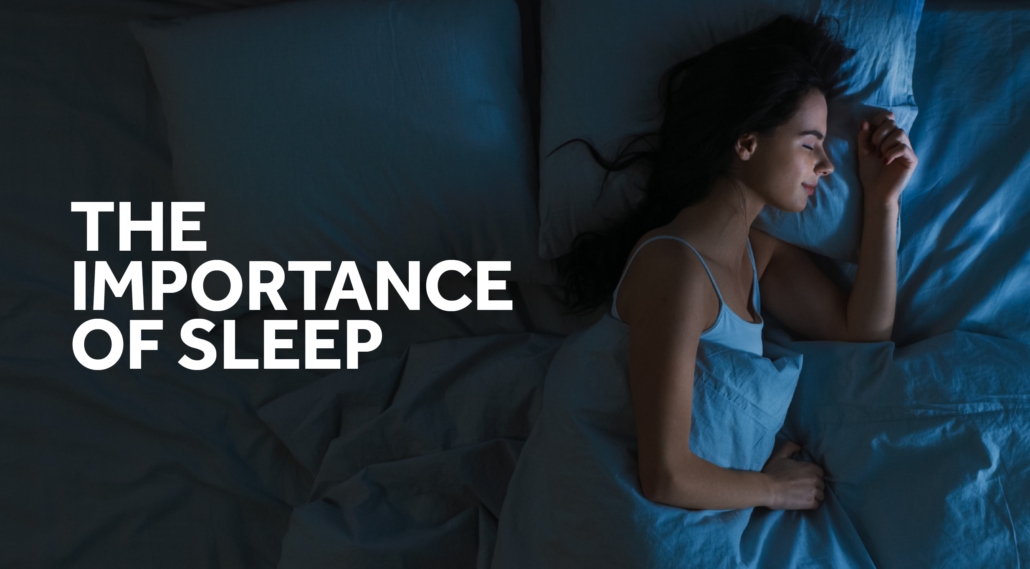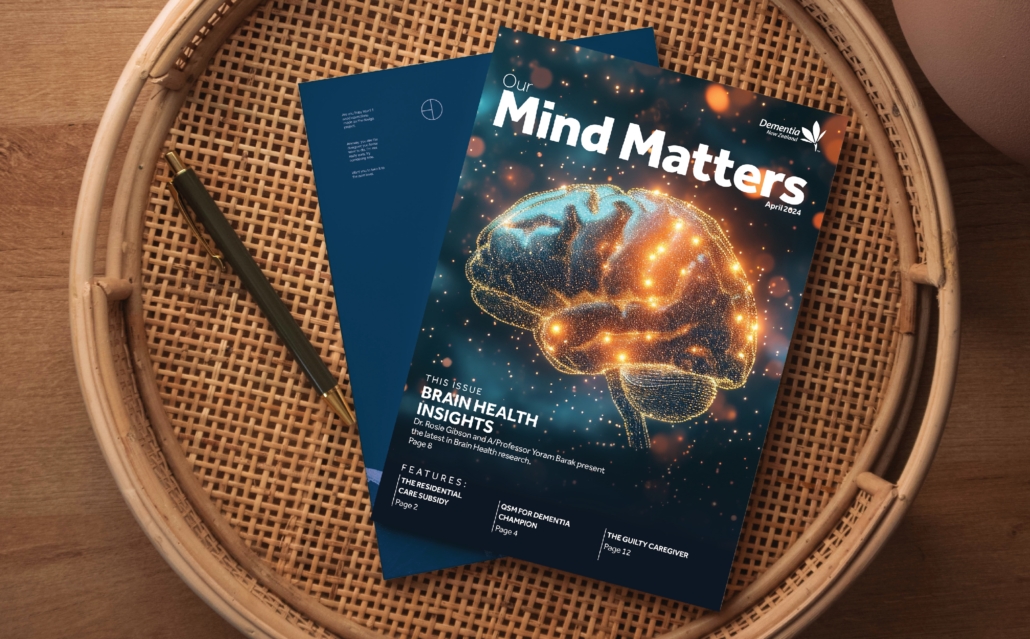The Importance Of Sleep
By Dr. Rosie Gibson
Dr Rosie Gibson has a background in psychology, aged care, and clinical sleep practice. She is based at Massey University’s School of Psychology and is affiliated with the Health and Ageing Research Team and Sleep/Wake Research Centre. She is currently Vice President of the New Zealand Association of Gerontology. Her research focuses on sleep across the lifespan, with a special focus on the sleep-related changes among people with dementia and their carer’s.
Her presentation on sleep highlighted the extent to which quality and quantity of sleep impacts on our overall health and wellbeing.
During sleep, the brain consolidates and stores memories, helping to solidify learning and improve recall. Sleep helps cognitive function – a deficit can impair attention, decision-making, and reaction time, leading to decreased productivity and increased risk of accidents. It has a role in regulating our mood and emotional processing. Inadequate sleep has been associated with feeling more irritable int he day as well as increased likelihood of anxiety
and depression.
Sleep supports brain plasticity – the brain’s ability to change and adapt in response to experiences. This is important for cognition as well as recovery from brain injury.
The different stages and depths of sleep work together to consolidate and strengthen useful neural connections (and weakens unusual ones). Sleep enriches the glymphatic system – the neural ‘waste clearance system’ that removes harmful products like protein beta-amyloid, associated with Alzheimer’s disease.
It also regulates sleep neuro transmitters – the chemicals transmitting signals between neurons in the brain – including dopamine, serotonin, and norepinephrine, responsible for mood, motivation and attention.
Sleep protects the immune system, essential for safeguarding the brain and body from infection and disease. It balances several hormones including cortisol, which regulates stress, growth hormone, important for tissue repair and regeneration; and leptin and ghrelin, which regulate appetite and metabolism.
Because of its profound functions, sleep is recognised as a ‘pillar of health’. Research finds that over a quarter of over 65-year-olds report sleep problems, which are associated with poorer physical and mental health, falls, hospital admissions, higher care needs and mortality. This highlights the importance of supporting sleep health for ageing well.
Dementia-relates sleep problems are common. These include irregular sleep patterns, increased symptoms of insomnia, increased likelihood of sleep-disordered breathing, and confused awakenings at night. Such sleep disturbances have been related to neurophysiological degeneration associated with dementia, other health issues, as well as psycho-social changes and the situational environment.
Such sleep disruptions have been found to exacerbate the waking symptoms of dementia as well as affect the sleep and wellbeing of carers.
The brain has a central body clock which helps regulate the timing of sleep and wake. Activity within the body clock is informed by the hormone melatonin as well as well as exposure to external cues like bright light and physical activity.
A reduction in size and activity of the central body clock is seen in healthy ageing but degeneration to this area is exacerbated with dementia. It can be further influenced by conditions such as glaucoma, because the pathways from the eye are impaired, thereby disrupting the reception and processing of daylight, which is essential for regulating the body clock.
It is also important to consider that the changing situation with ageing, dementia, and caregiving can influence sleep. For example changed waking responsibilities, stress, and living arrangements can all influence timing and quality of sleep.
Steps to improving sleep:
• Keep a regular routine for supporting sleep – try to go to bed and get up at the same time each day
• Maintain enough light to get to the bathroom safely but not too much that it impacts on sleep
• Avoid eating or drinking too much that it makes you feel too alert before bed.
• Avoid alcohol and caffeine before bed.
• Use relaxation techniques to help fall asleep, such as mindfulness.
• If you don’t fall asleep in about 30 minutes, get out of bed and do something for a little while then return to bed. The bed should be only associated with intimacy or sleep. Time spent doing other things in bed like being on devices disassociates the bed with sleep.
Sleeping medications should be used with caution; they can cause daytime drowsiness and impaired balance. See your GP for a discussion about whether medication is appropriate.
This article was originally published in Our Mind Matters Magazine Issue #40.



